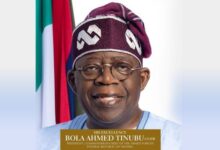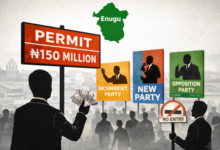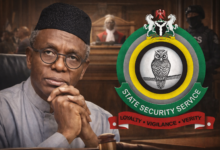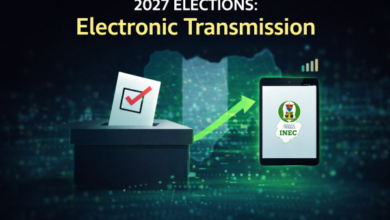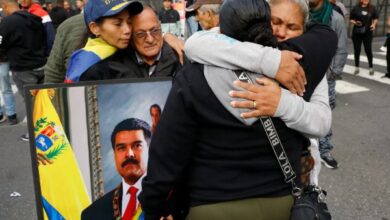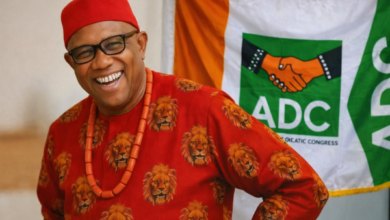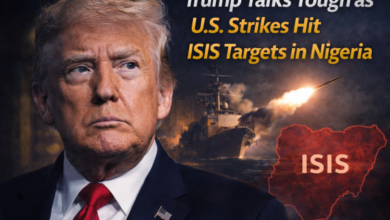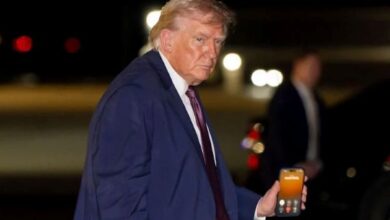Polls: Organised violence cause of poor turn-out March 18 – EU
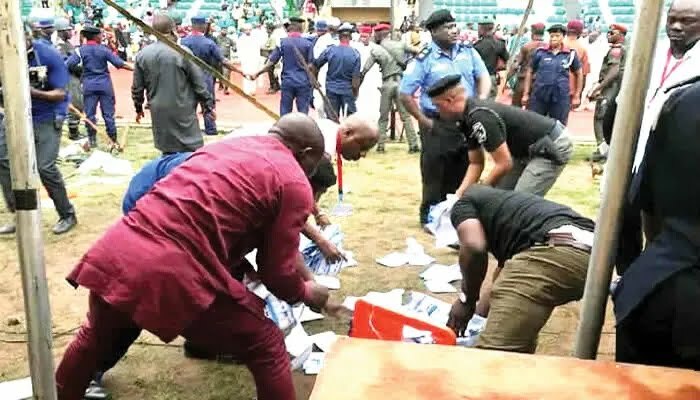 Mr Barry Andrew, the European Union (EU) Chief Election Observation Mission (EOM) Officer, said obstruction and organised violence had limited the poor turnout of voters at Saturday’s Governorship and Assembly elections.
Mr Barry Andrew, the European Union (EU) Chief Election Observation Mission (EOM) Officer, said obstruction and organised violence had limited the poor turnout of voters at Saturday’s Governorship and Assembly elections.
The News Agency Nigeria (NAN) reports that Mr Andrew said this at the second news conference which highlighted that the obstruction led to voters not able to exercise their rights in spite of efforts by civil societies to promote democratic standards.
He said that throughout the mission, they saw that Nigerians had a great appetite for democracy and keen to engage in various civic activities .
“However, in many parts of the country, their expectations were not met. Many were disappointed and we witnessed voter apathy that is in part, a clear consequence of failures by political elites and unfortunately, also by INEC, ” the chief observer said.
He added that in their observation, INEC had introduced some corrective measures ahead of the Saturday’s polls, which allowed a timely delivery of sensitive materials and improved use of election technologies.
But, however, he added that the institution lacked transparency, adding that the EU EOM observer noted that voting on March 18 mostly started on time.
“With INEC ad hoc officials present and ready to serve the voters, polling on election day was disrupted by multiple inciidents of thuggery and intimidation of voters, polling officials, observers, and journalists.
“Lagos, Kano, and other states in the southern and central part were most affected. Unfortunately, there were many casualties and fatalities.”
”Votes-buying, also directly observed by EU EOM observers, further detracted from an appropriate conduct of the elections.
“Also campaigns in state elections were competitive. Fundamental freedoms of assembly and movement were largely respected, however, insecurity impeded the canvassing of votes in certain parts of the country.
“Organised violent attacks shortly before the elections in several states led to a fearful atmosphere. Some state governors took executive actions, negatively affecting the campaign environment.
“EU EOM observers also saw misuse of administrative resources, including through various financial and in-kind inducements to voters, giving an undue advantage to the party in power,” he said.
NAN reports that the EU EOM observers will issue a public preliminary statement after election day.
They will also produce a comprehensive final report, undertake public outreach activities to raise public awareness of their presence, mandate and roles.


